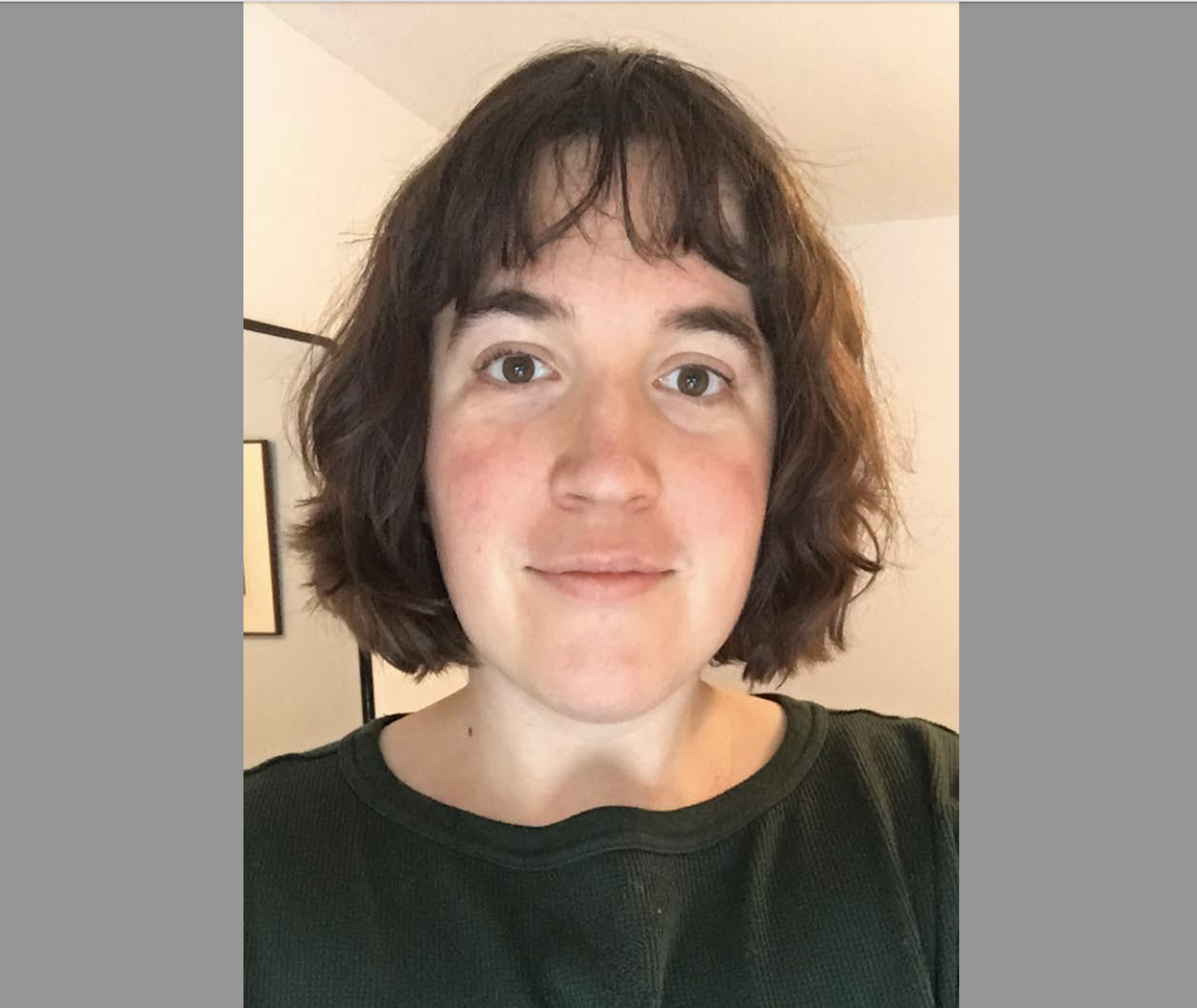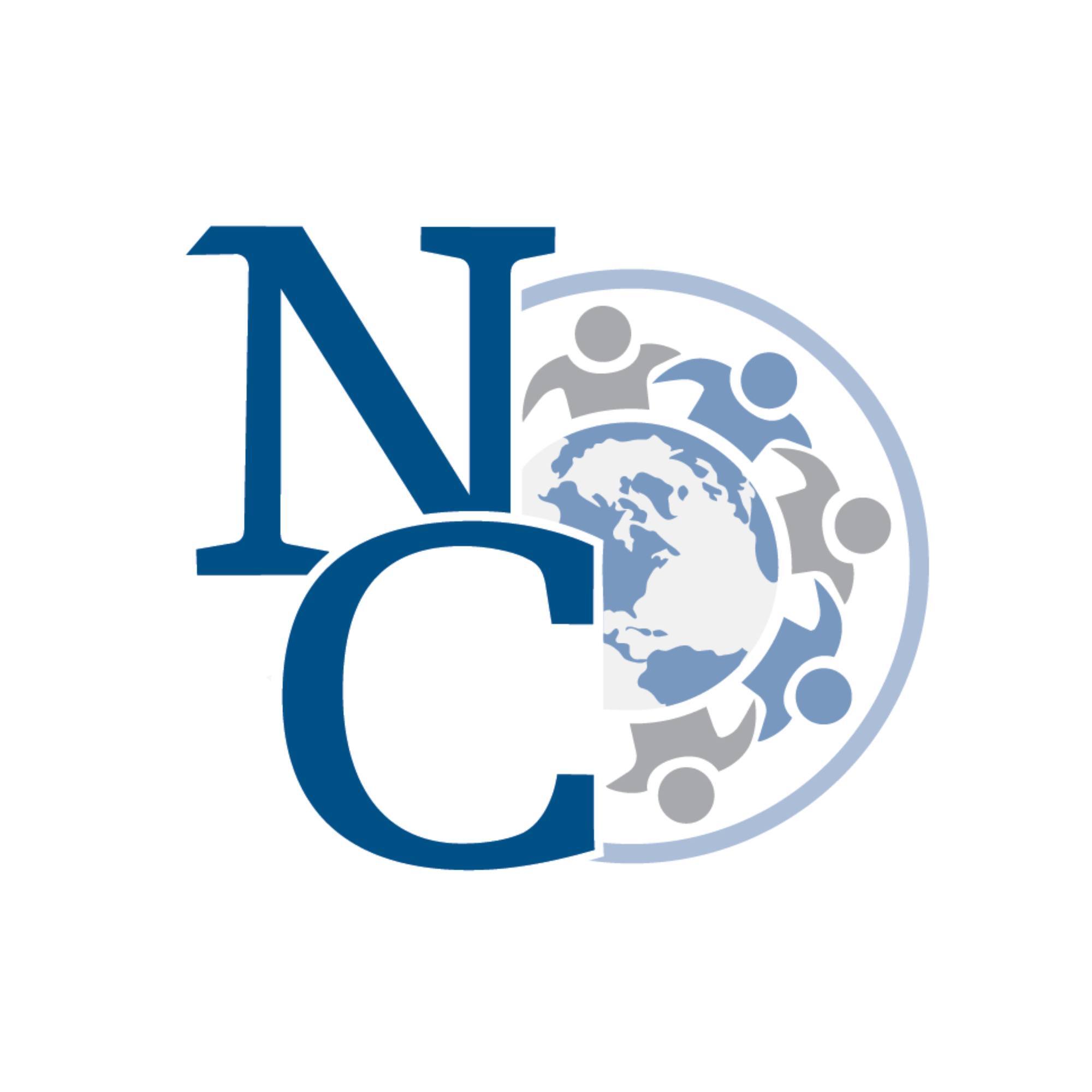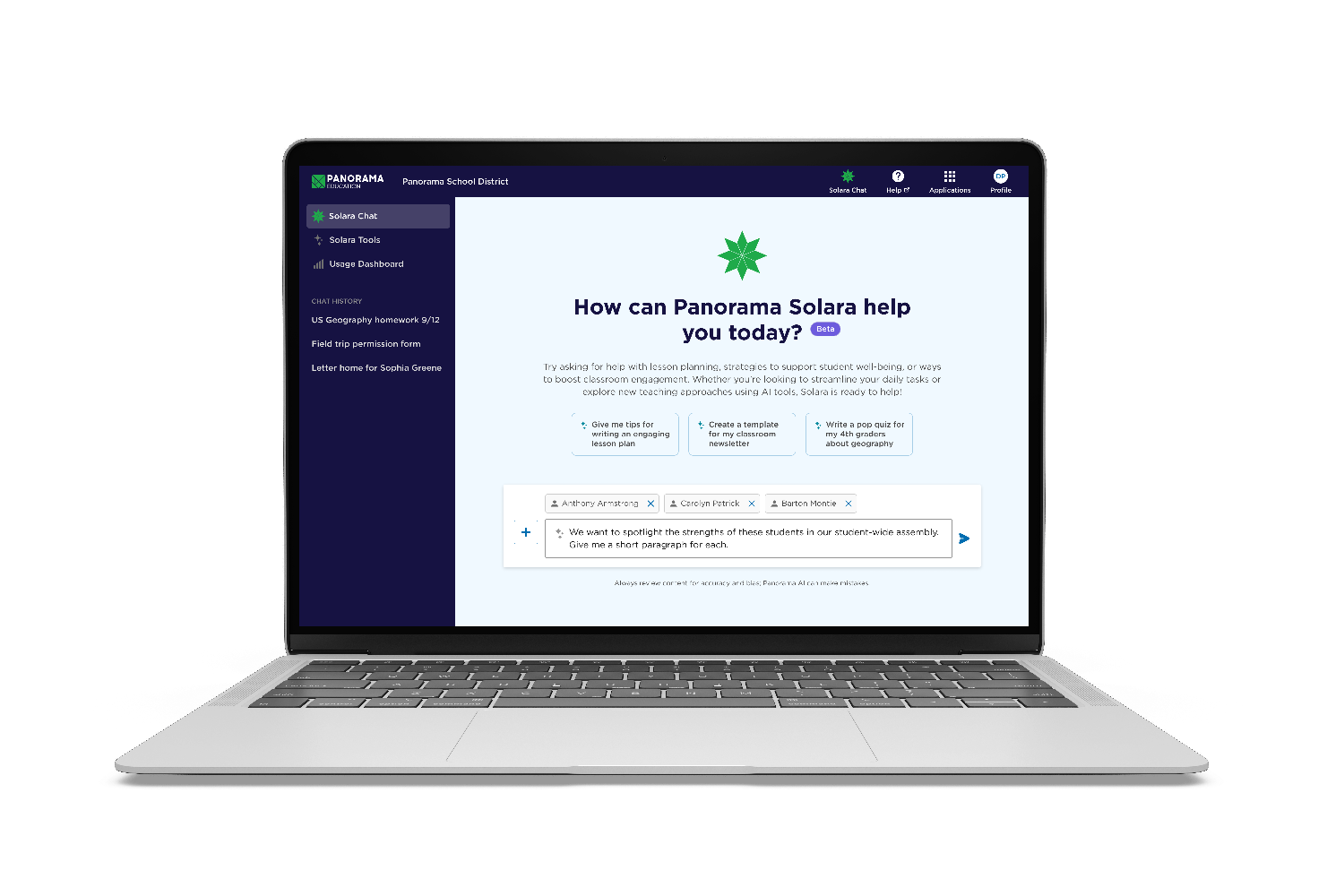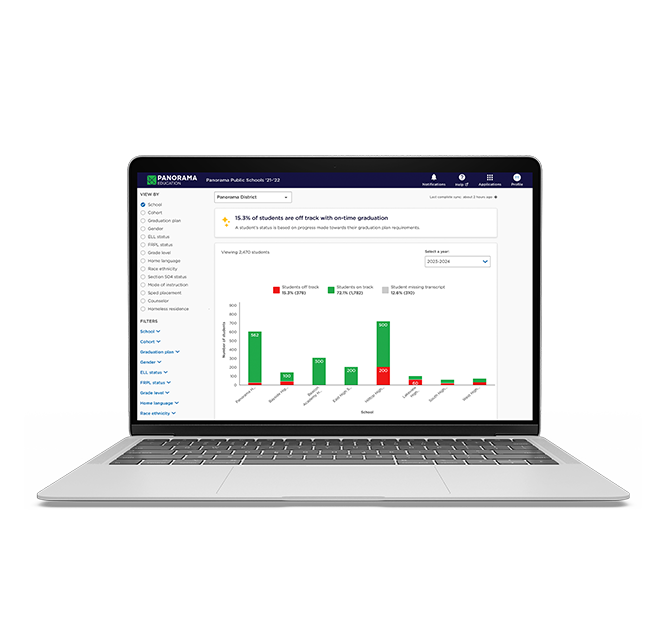Serving 5,200 students across 10 schools in Kitsap County, WA—including students from the Suquamish and Port Gamble S'Klallam tribes—North Kitsap School District is charting a thoughtful path forward with AI. The district sees AI not as a replacement for teachers, but as a partner in delivering instruction and support through intentional planning and strong internal communication.
Challenges
- Leadership at North Kitsap School District approached AI with caution after seeing how quickly students and teachers began adopting it into their everyday lives.
- Student data privacy was a top concern, especially with Washington’s strict public records laws and new AI policies.
- Additionally, the district’s initial AI plans were delayed by a year due to leadership turnover and a failed bond measure.
Solution
Results
- Panorama Solara reduced data analysis timelines from weeks to minutes, freeing educators to act quickly on insights.
- Initial fears have become opportunities: Educators are seeing how AI can lighten administrative loads and deepen learning.
- The district is on track for their three-year AI roadmap: teacher readiness in year one, classroom adoption in year two, and universal student AI literacy by year three.
Challenges
When Superintendent Rachel Davenport, Ed.D, began guiding North Kitsap School District into conversations about artificial intelligence, she felt both unease and curiosity. Her own children were experimenting with generative AI tools, often ahead of the adults around them. “AI is moving faster than our traditional systems can respond,” she reflected. “That’s both inspiring and a wake-up call.”
For Davenport and her team, AI safety and privacy was an immediate priority. Because official school records are subject to disclosure under public records laws, it was essential for North Kitsap to adopt guardrails, policies, and staff training to protect both students and teachers.
Jeremy Sullivan, Ed.D, Director of Innovative Learning and Student Supports, took this responsibility very seriously. He emphasized the importance of protecting student and district data with rigorous safeguards. “When it comes to data, that’s the biggest currency we have right now.”
Solution
With a plan in hand, the district was ready to formally adopt AI tools. As Panorama partners since 2021, North Kitsap jumped at the chance to pilot Panorama Solara as soon as the AI solution was announced. “We wanted Panorama largely because we've been really purposely living in our Student Success dashboard for three years now, and we wanted to continue that trend with our support teams,” explained Dr. Sullivan.
North Kitsap launched a careful rollout of Solara that began with building trust through collaboration. Having previously served as Assistant Superintendent of HR, Dr. Davenport had longstanding relationships with union leaders. She intentionally included them in the earliest conversations about AI. “Starting with union presidents ensured trust from day one,” she said.
Dr. Sullivan then took the lead in designing a phased implementation strategy. He recruited a cohort of 28 educators to be AI Lighthouse Classroom Teachers. This cohort included at least one representative from every school, along with library media specialists and instructional coaches. “We wanted teacher leaders who could be beacons of light in this work—guiding colleagues through the storm,” Dr. Sullivan said.
The AI Lighthouse team, the tech committee, and a newly formed AI project team all had access to pilots of Solara and other AI tools the district was testing. After just one month of testing and experimenting with the tools, this combined group returned with feedback. Among these 43 voices from across the district, Solara rose to the top for its ability to connect seamlessly with Panorama Student Success and generate actionable insights from real student data.
Panorama Solara securely connects with your district’s documents and Panorama data, providing AI-powered insights at the student level.
The district is investing in professional development to ground AI adoption in daily practice. Lighthouse teachers began their learning last year and will continue to support by engaging in “What’s Cooking” check-ins with AI leadership, sharing lessons learned and testing use cases. In August, NKSD hosted "Innovate and Inspire: A Day of AI Discovery," which brought staff together for training on Solara, AI ethics, personalized instruction, and special education applications. Dr. Sullivan described the approach as “going slow to go fast”—a deliberate pace that built capacity and trust before attempting districtwide scale.
Results
Though still in its early stages, the impact of Solara is already tangible. Staff who once spent weeks combing through data now access insights in minutes, freeing them to focus on supporting students instead of wrangling spreadsheets.
Overall, the consensus is that teams can now focus more on the human-centered work of engaging with students and staff. "I’m able to help our system understand the data and put it into action at a much deeper and more consistent level, because the time I spend on analysis has been reduced exponentially," notes Dr. Sullivan.
The district is experiencing a cultural shift regarding perceptions of AI. While early discussions around AI began with fear, Dr. Davenport reflected, “Those concerns quickly evolved into opportunities: how will AI support deeper learning, lighten administrative load, and even help us address equity gaps?”
Looking ahead, North Kitsap has set a three-year vision for its AI journey:
- Year 1 (current): Support teacher awareness and readiness. Build confidence, provide choice, and gather usage data.
- Year 2: Scale adoption across classrooms, track impact on student outcomes, and expand professional development.
- Year 3: Ensure every student receives AI literacy instruction by grade level, embedding responsible use into digital citizenship and media literacy curricula.
For districts beginning their AI journey, Superintendent Davenport has practical advice: “Start small, but start. Surround yourself with thoughtful educators, tech leaders, and, yes, students. Listen more than you talk. Create space for experimentation and failure. Don’t wait for perfect clarity. Lead with questions, values, and a bias toward learning.”
“AI isn’t coming—it’s already here,” Dr. Davenport reflected. “Our job now is to help shape how it serves the mission of public education.”











![How AI Ready Is Your District? [Infographic]](https://www.panoramaed.com/hubfs/iStock-1912513615.jpg)